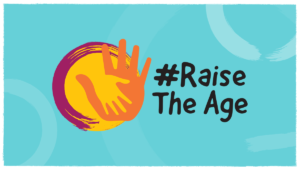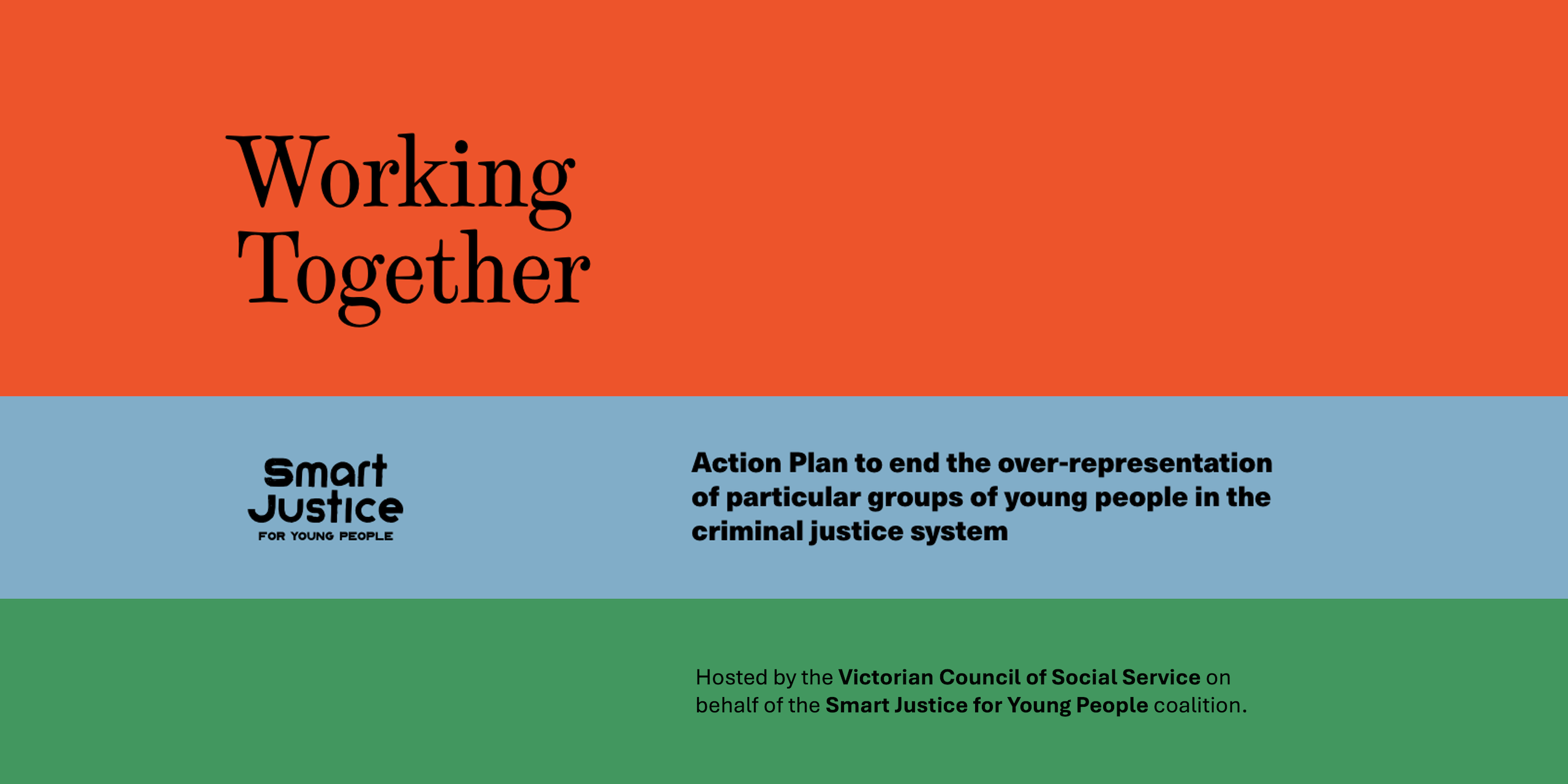We are repeating the past harm and horror of treatment of children in institutional care, today.
Nowhere is this more apparent than with respect to Aboriginal children.
As we talk about truth telling, but as the State Government stalls on accepting and implementing all recommendations of the Yoorook Commission of Inquiry into child protection and the criminal justice system, Aboriginal children are being removed from their family at alarming rates. They are almost 22 times as likely to be placed in out of home care, than non-Aboriginal children, and have the highest rate of child removal in the country (Yoorook, 2023).
When a child is removed from their family by child protection, due to safety concerns and placed in the care of the State, the State is meant to have ‘parental responsibility’ for that child.
Yet, these children are frequently housed in homes that are harmful and devoid of the fundamental requirements children need to develop and thrive. As testimony of Yoorook child witnesses made clear, frequently, children feel unsafe in their out of home care placements. Multiple reports have evidenced the unacceptable risk of harm children are exposed to, upon entering residential care.
How does the child protection ‘system’ continue to fail children?
There are many documented reasons, and these are best documented Yoorook’s report from 2023 into the child protection system.
However, one issue stems from the manner in which out of home care is outsourced by Government, to private social service providers, without suitably trained workers. The staff who work in out of home care ‘homes’ require minimum qualifications, to do one of the hardest jobs in society: to care for very traumatised, damaged children and teenagers, which is often exacerbated by the fact of removal itself.
This should be remedied. Rather than a Certificate IV in Child, Youth & Family Intervention, workers need tertiary training, in social work, psychology and youth work. Rather than being on casual contracts, ‘residential care workers’ should be employed on permanent, well-paid contracts, so that they can build relationships with children that will allow children to feel safe, cared for and to build healthy attachments.
Children in out of home care often turn to drugs and alcohol to manage trauma and disconnection. They are then policed, often for minor infractions like drinking at a bus stop. As this policing intensifies, their criminalisation does too, along with their contact with the courts. Too often, the adults who provided the alcohol and drugs are not subject to the same degree of policing. Moreover, the Framework to Reduce the Criminalisation of Children and Young People in Out of Home Care remains largely unimplemented – designed to reduce unnecessary police contact with children in care.
Police contact is heightened too, while police remain tasked with arresting children who have run away from their placement after a safe custody warrant is issued by a court. It is abhorrent that we continue to use armed police officers, to return traumatised children, to their ‘homes’, sometimes in handcuffs. It is extremely traumatising and compounds ongoing harms against these children.
In care, children are subjected to extremely high amounts of sexual exploitation. Adult men, groom them, loiter close to the homes, and seek sexual favours and relationships, often in exchange for drugs and alcohol.
Children drop out of school frequently after entering care and they lose their connection to community and culture– sometimes this is the result of being placed in an entirely different region to that which their family is in, or that they last lived in, and having no cultural plan developed and implemented if they are an Aboriginal child.
Finally, there remains a huge gap in planning around leaving care, and a desperate lack of housing for young people leaving care as adults, with many at risk of homelessness and the compounding health risks attached to homelessness.
In watching children enter out of home care, many in the sector (including community advocates, lawyers, child protection case managers, justice workers and residential carers) despair because we know that children’s trajectory is dim. It should not be this way.
It is shocking that the State removes children from families only to put them in environments that are at times, even less safe.
We often talk about the Stolen Generation as though it was history. It’s not.
Last week, Chief Commissioner Shane Patton, apologised to the Stolen Generations, for Victoria Police’s role in forcibly removing Aboriginal children from their families, country and culture.
To make this apology meaningful, we need to ensure we stop repeating the past – for Aboriginal children and all children in care.
A very important first step, is implementing Yoorkook’s recommendations in full.
Sophie Ellis
Senior Lawyer | Youthlaw


